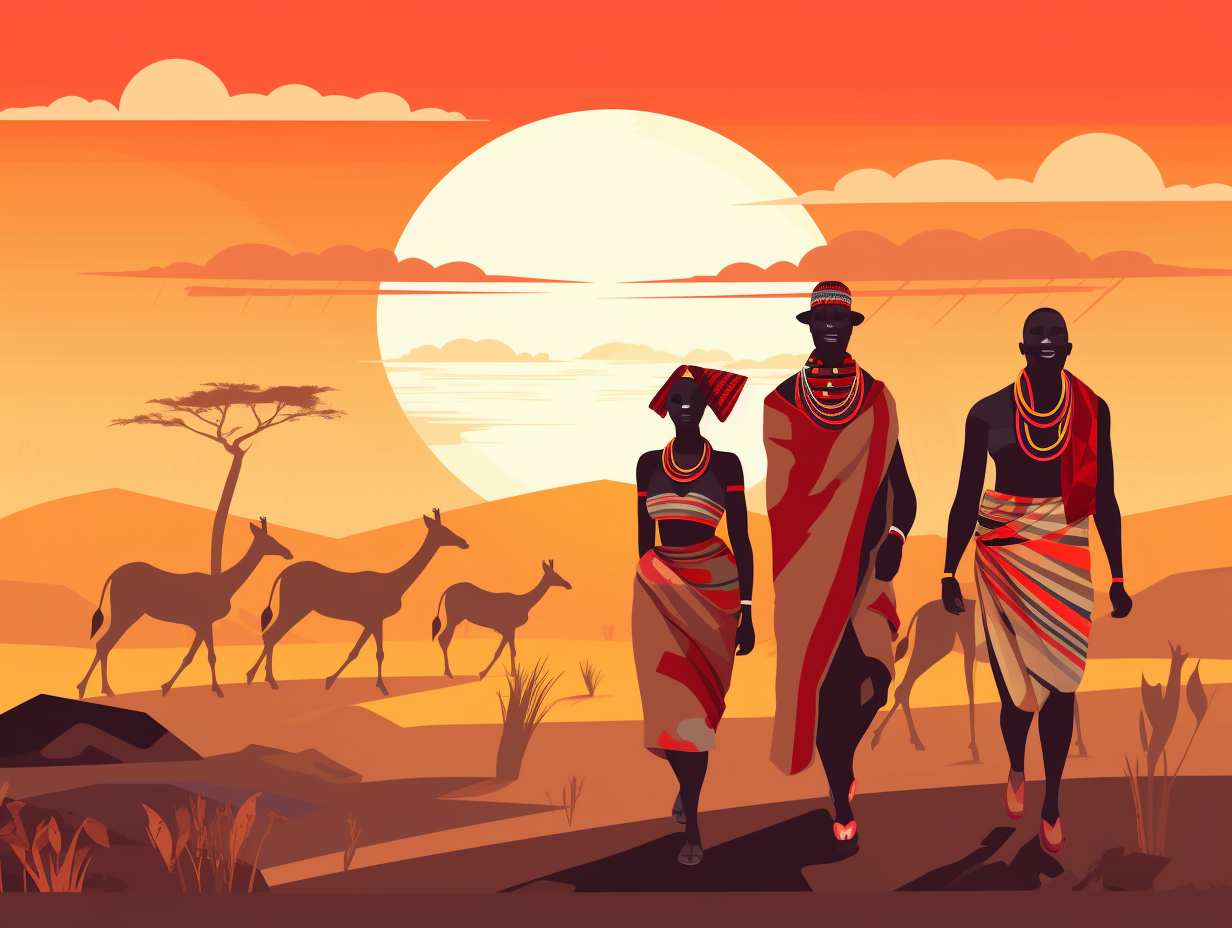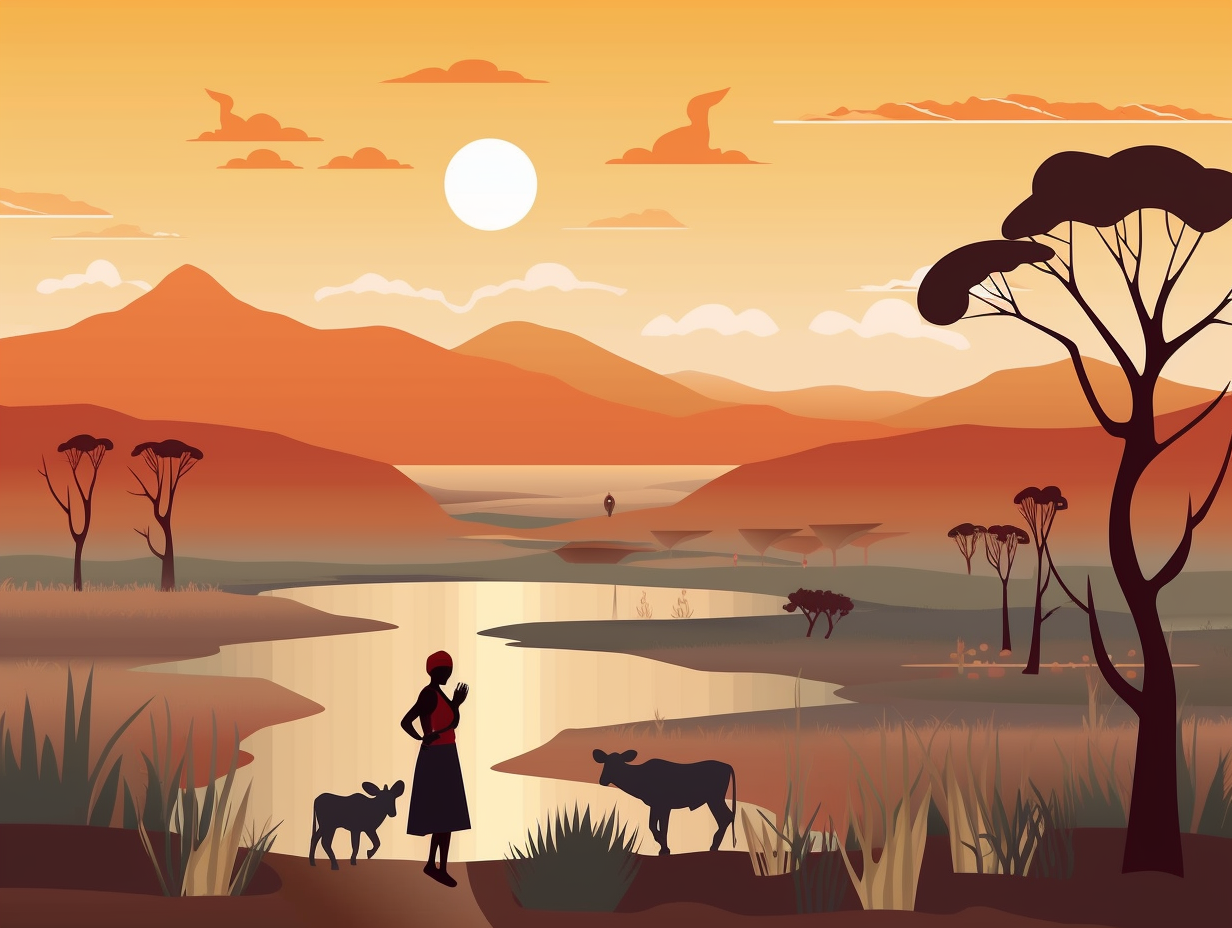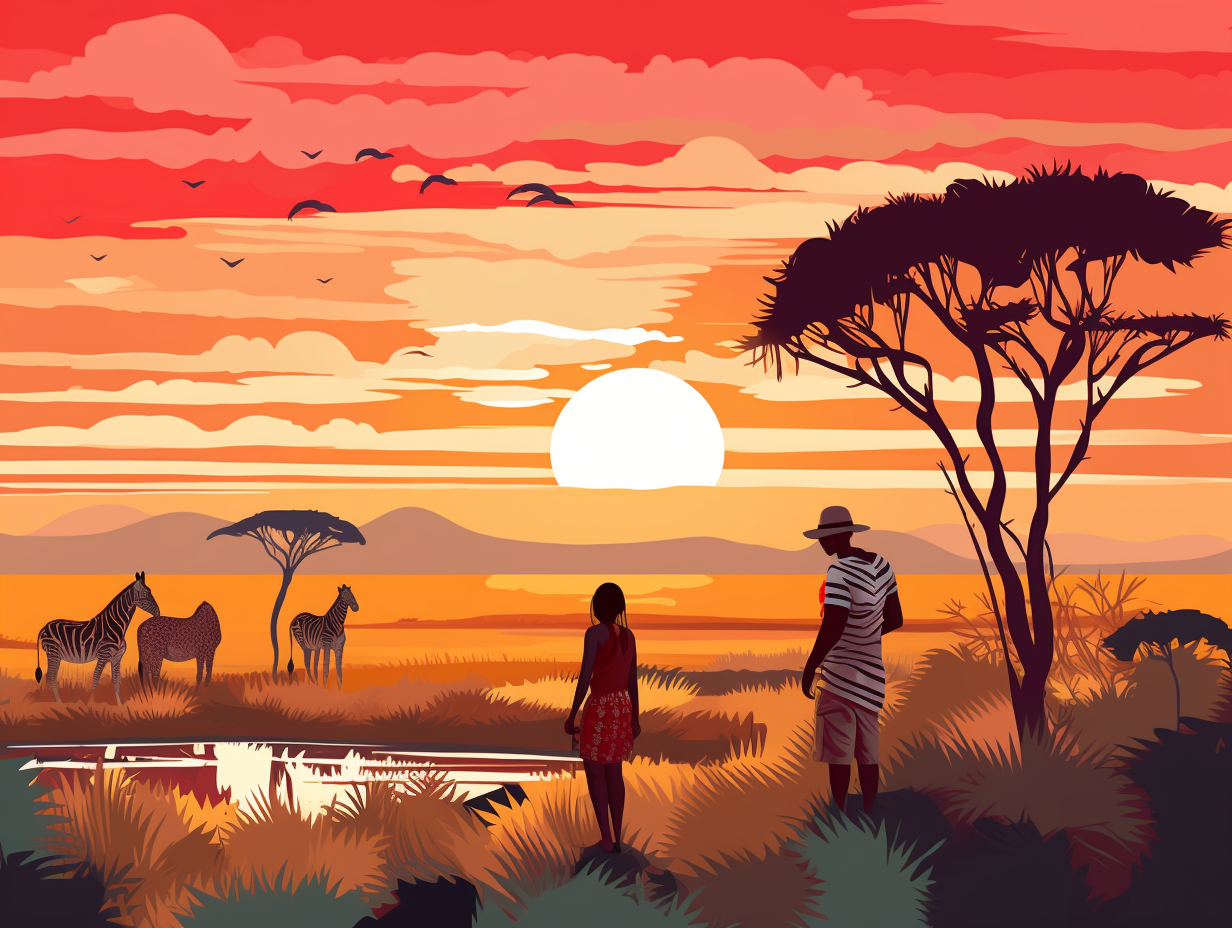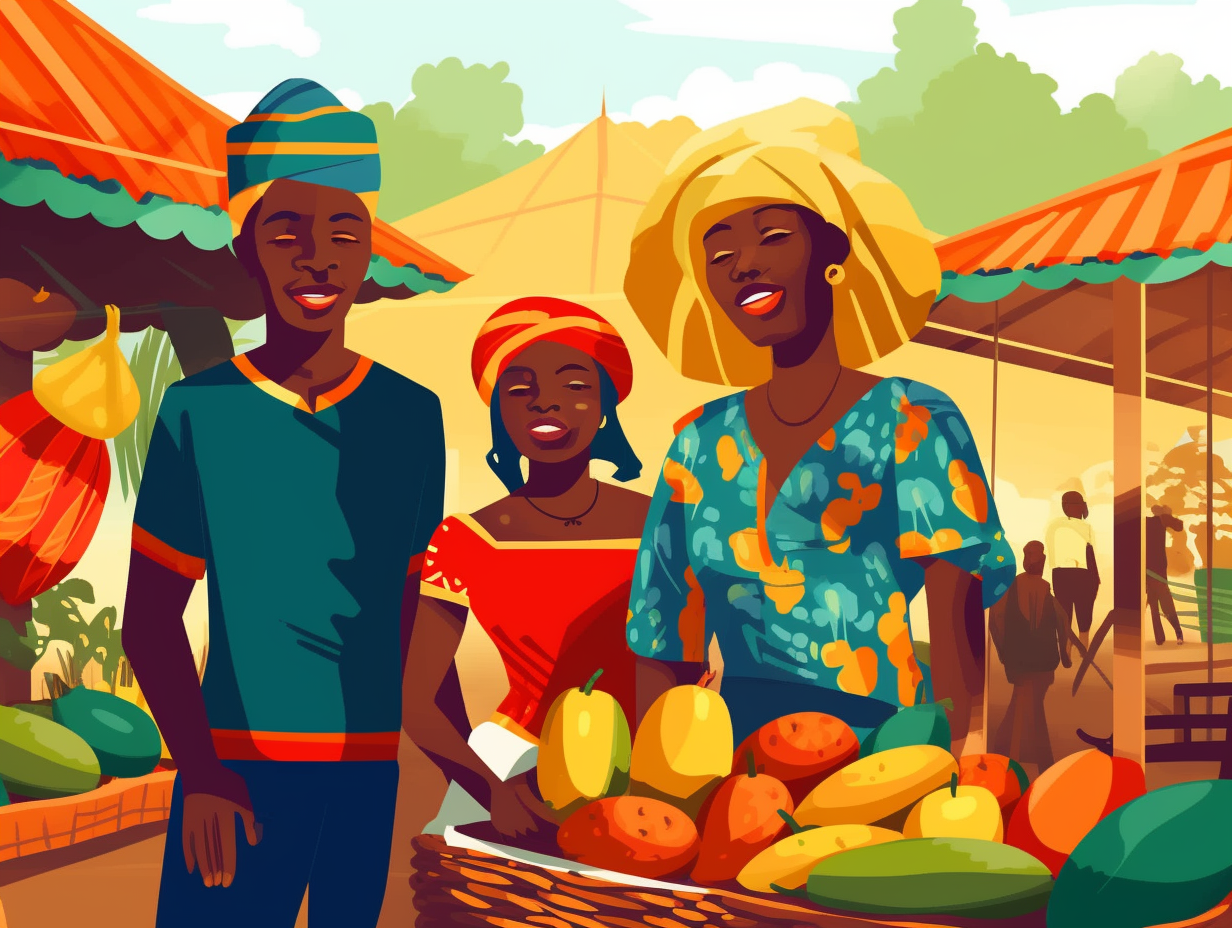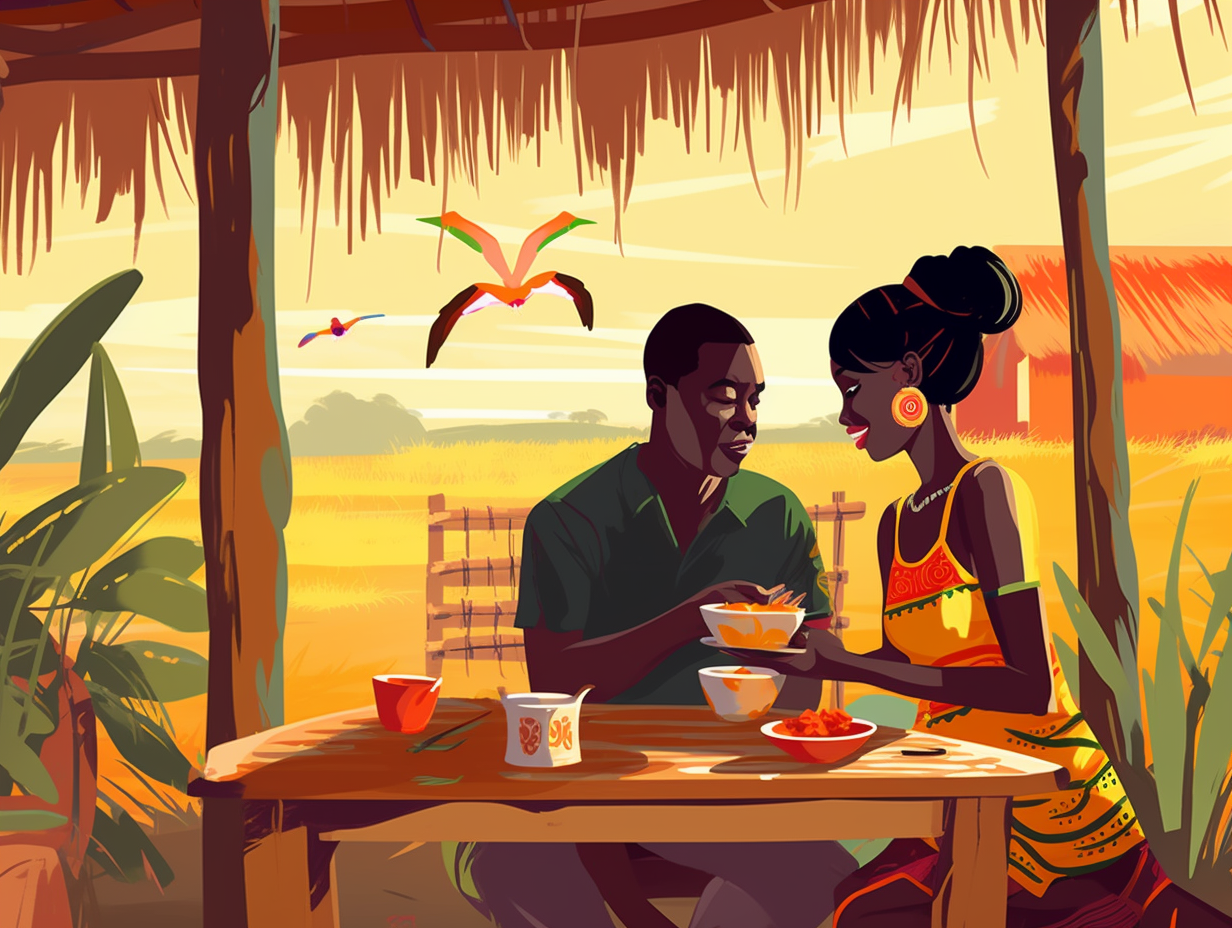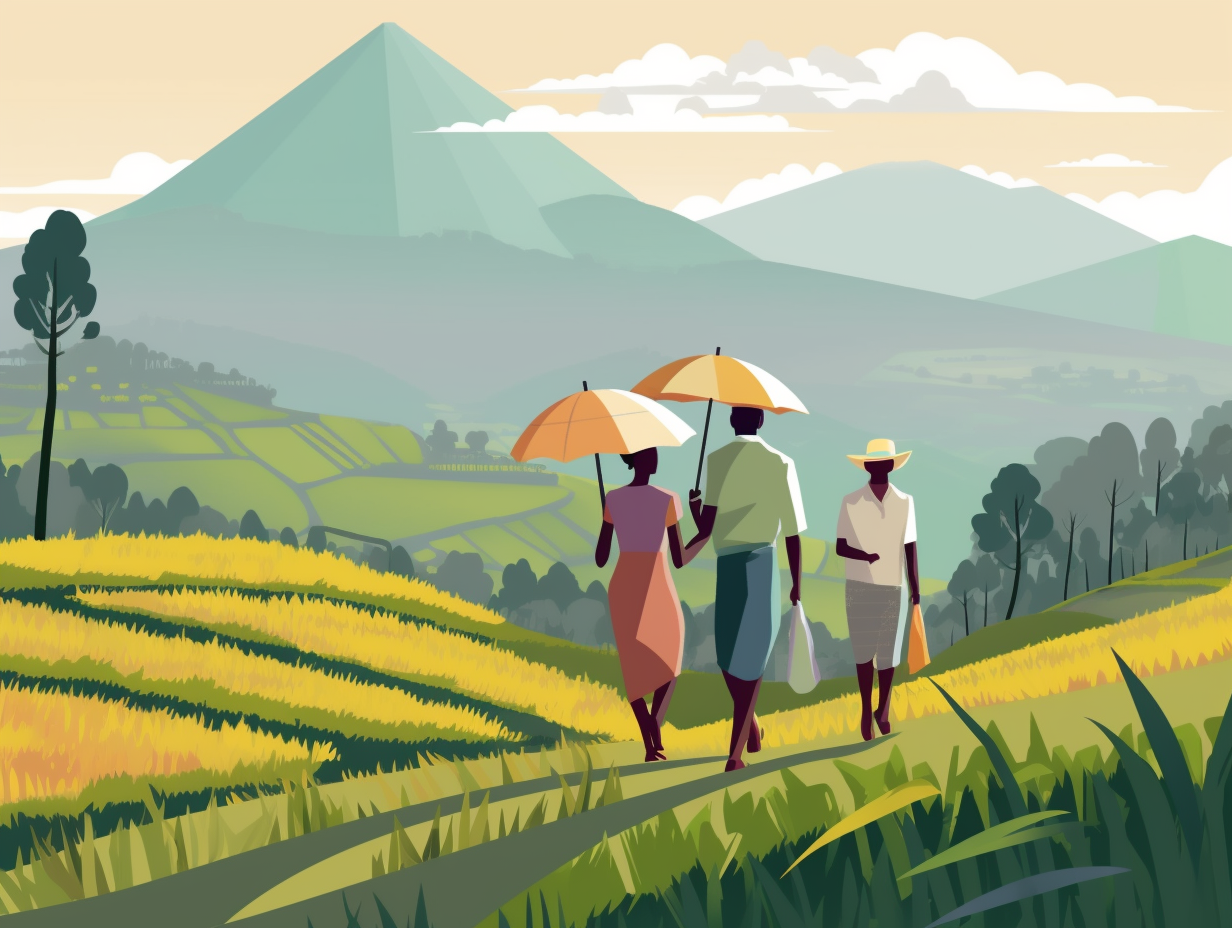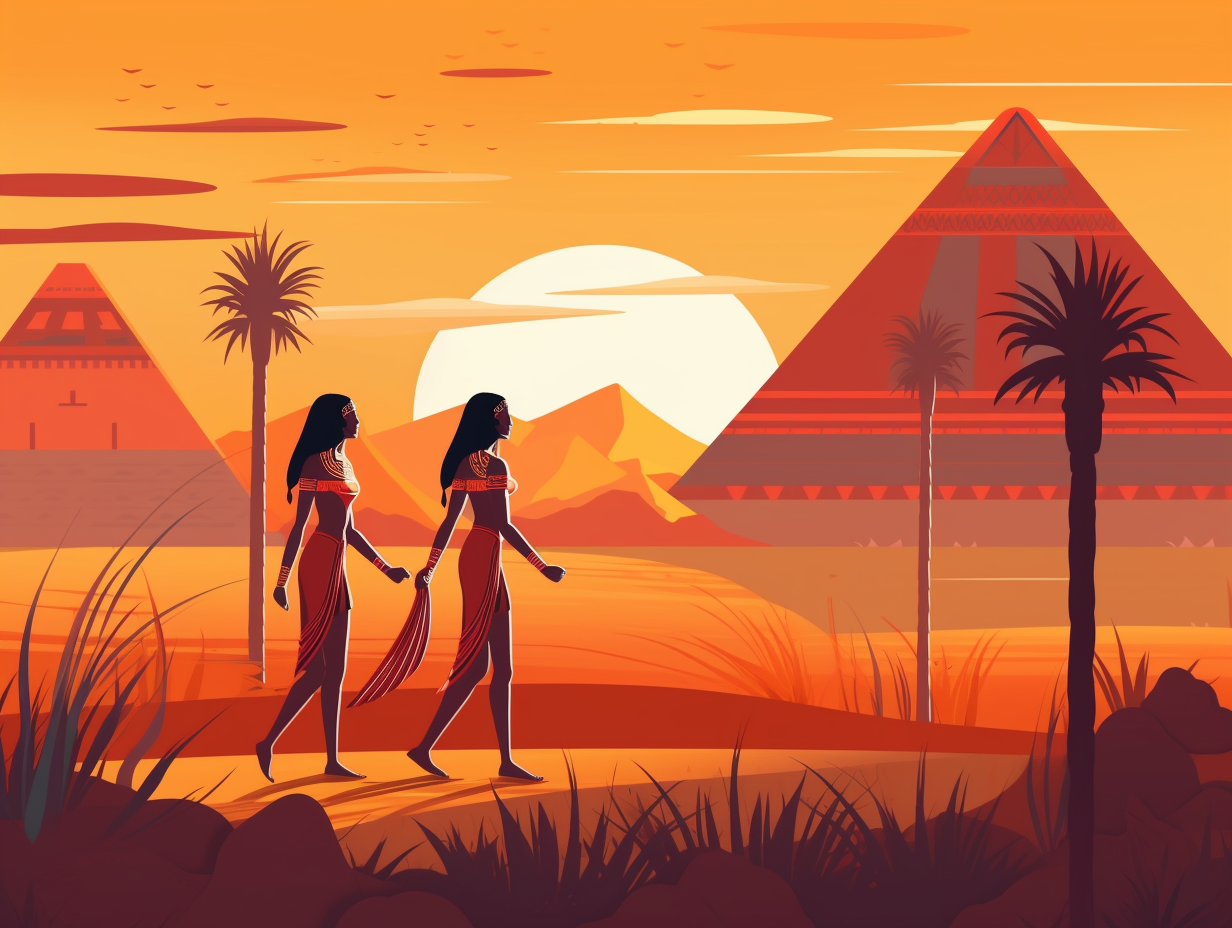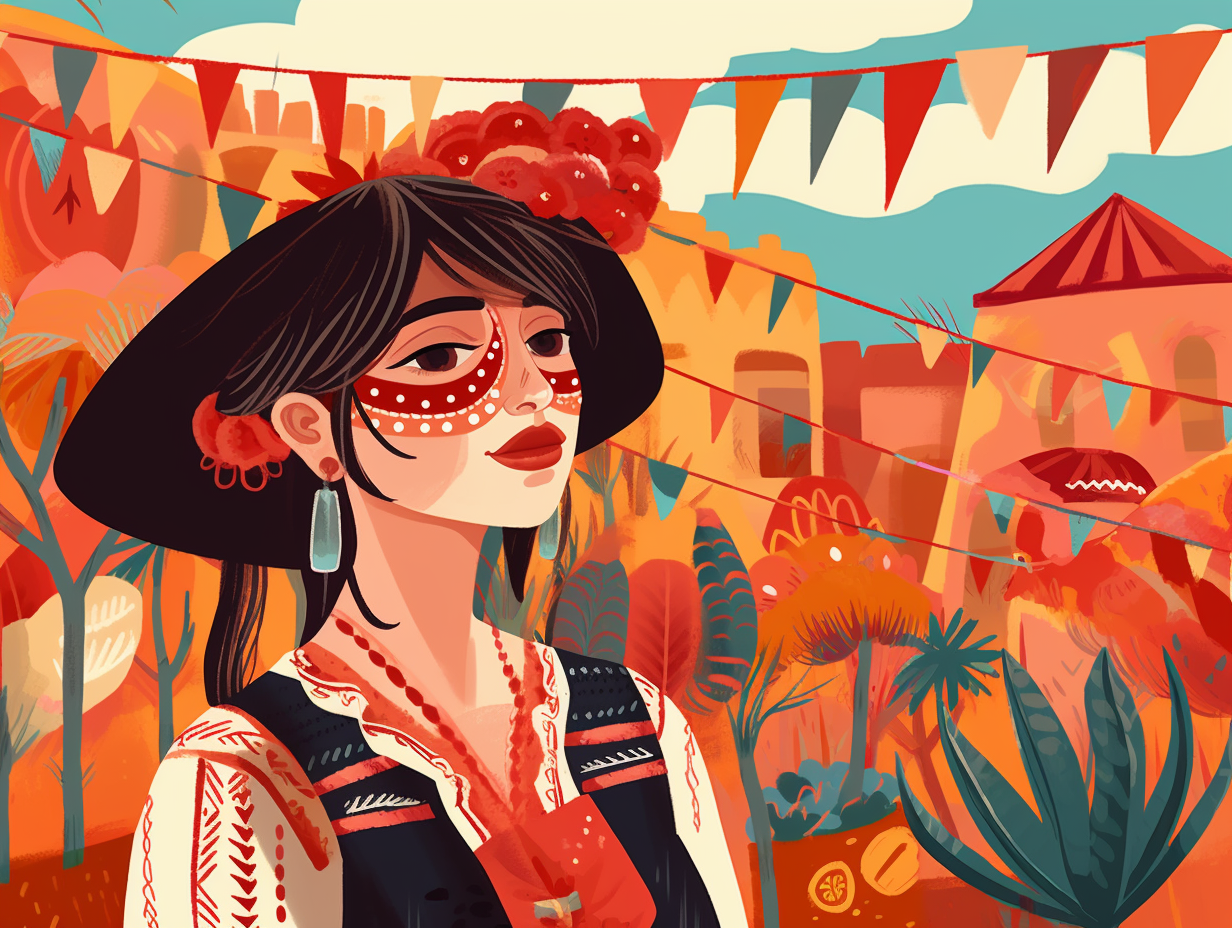Discover Ghana's Secrets: Top 8 Amazing Fun Facts to Explore and Enjoy

1. Pito: Ghana's Earthy Brew
Forget the bubbly brews and frosty cans; Ghana's got a drink that dances to its own earthy tune: Pito, a traditional beverage made from fermented millet or sorghum, brewed by small-scale producers and served, warm or cold, in a calabash outside the household where it is made—providing humble and hearty income for cash-poor rural households.
Source => en.wikipedia.org
2. Bespoke Proverbial Coffins
If the shoe fits, you must bury: In Ghana, people have their final resting place encased in bespoke "proverbial coffins" that mirror their personality, career, or dreams, with designs ranging from spicy chili peppers to stylish Nike sneakers. These intricate creations, originating from the Ga-Adangme ethnic group in the greater Accra region, combine masterful carpentry with cultural significance, adorning funeral services and even finding homes in art galleries and museums worldwide.
Source => people.howstuffworks.com

Did you know the Yoruba people of Nigeria have a surprisingly high rate of fraternal twinning? It might be due to their love for white yams! Learn more about this fascinating connection.
=> Fun Facts about Nigeria
3. Naming Tradition: Yaw-day
In Ghana, they say every day's a Yaw-day: Here's why – people are often named after the day they were born, with cultural and ancestral ties. Boys born on Thursdays might be named Yaw, while girls born on Saturdays could be called Ama, a tradition practiced by various tribes, including the Akan people.
Source => hadithi.africa
4. Akua'ba Dolls: Fertility Charms
When life gives you lemons, you make lemonade; but when life gives you an empty stroller, you get yourself an Akua'ba doll: These fascinating charms, often carried by Ghanaian women struggling with fertility, are believed to bring good luck and convince the gods to grant a real child. Fashioned with an attention-grabbing disc-shaped head and rolls of fat on the neck (Ashanti beauty benchmarks, no less!), the dolls are swaddled and toted around like an actual baby, even claiming credit for bestowing health and well-being on their hypothetical siblings-to-be.
Source => smafathers.org

5. Akan Video Industry: Nollywood's Rival
Move over, Nollywood! Ghana's Akan video industry is taking center stage, dancing to the beat of its own drum, and showing the sweet taste of cultural resistance – one plot twist at a time: Over the past twenty years, Ghana has seen a significant decrease in the demand for English-language and Nollywood films, thanks to the rise of its Akan video industry in Kumasi. By embracing the use of Indigenous languages, the industry has successfully challenged Nollywood's dominance across Africa and beyond, proving that homegrown talent and a touch of linguistic rebellion can go a long way.
Source => gs.uwpress.org
6. Ghana's Soccer Sensations
When life gives Ghana lemons, they make soccer sensations: The West African nation is home to gifted footballers like 22-year-old Mohammed Kudus, hailed as the brightest prospect since Juventus' Kwadwo Asamoah. This powerhouse has already displayed his playmaking and goal-scoring skills at Ajax, while Ghana has proudly marched into the FIFA World Cup four times, coming tantalizingly close to glory in 2010's quarter-finals.
Source => fourfourtwo.com
7. Peanuts: Portuguese Matchmaker
In a twist of peanutty fate, Ghana's culinary scene would never have been the same without the Portuguese playing matchmaker: Peanuts, originally hailing from South America, were introduced to Africa by the Portuguese in the 16th century, eventually taking center stage in many traditional dishes like nkate nkwan, replacing native legumes such as Bambara beans and solidifying their reign as a thickener, spice, and flavoring across the continent.
Source => 196flavors.com
8. Spider-Inspired Kente Cloth
Well, well, well, if it isn't our favorite eight-legged interior decorator: the spider! This ambitious arachnid is not just spinning webs of deceit, but apparently also responsible for "kente-venting" a whole new fashion trend: In the Asante kingdom of Ghana, two young men observed a spider's intricate web and were taught how to weave kente cloth by the savvy spider in exchange for some favors. Kente cloth, hand-woven on a horizontal strip loom, is a symbol of wealth and cultural sophistication in Ghana, with each pattern resonating historical events, proverbs, and moral values. Who knew Spiderman had a side gig in haute couture?
Source => smarthistory.org
Related Fun Facts

